How to spot the signs of bullying and help your child if they are being bullied
Finding out your son or daughter is the target of bullying is never nice, but what can you actually do to help?
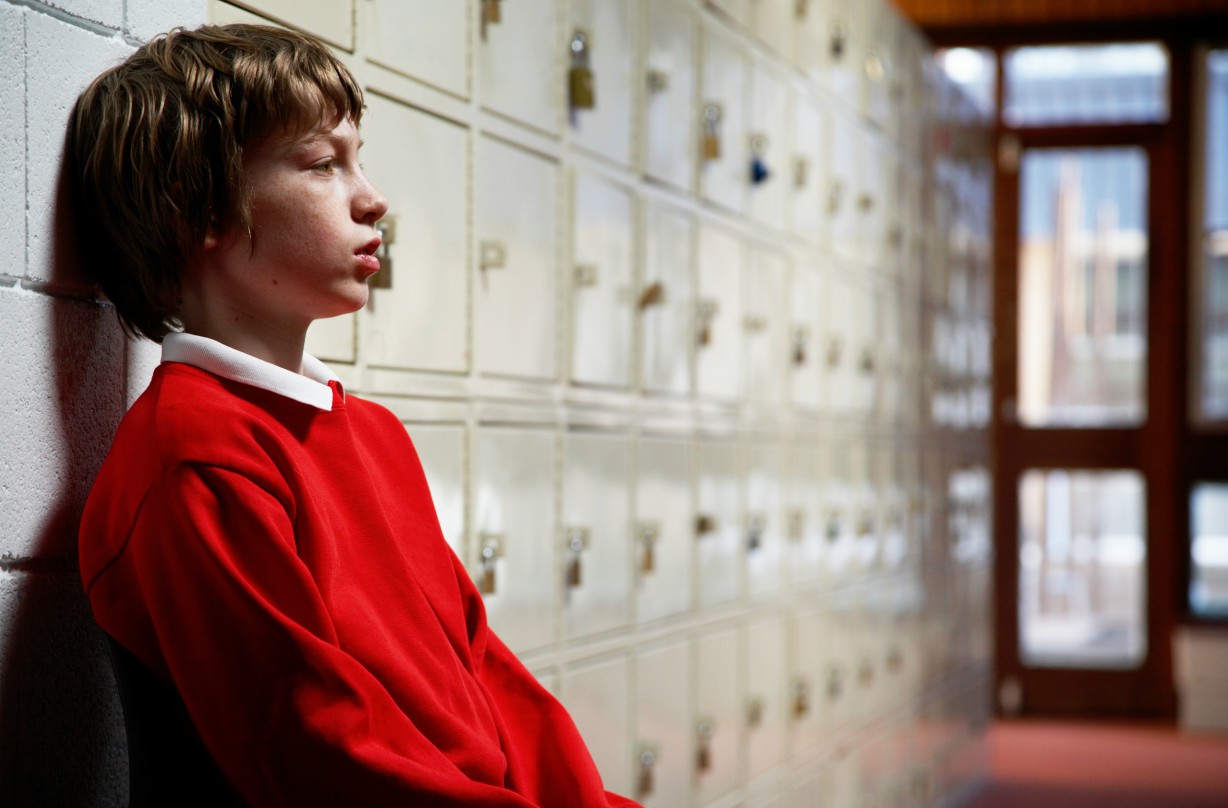

Signs of bullying can be hard to spot. Anti-bullying week 2020 is this week and it's a chance for schools and parents to talk to kids about bullying and better understand what the signs of bullying are.
This year the goal of Anti-Bullying Week is to emphasise the collective responsibility required to stop bullying. The theme for Anti-Bullying Week 2020 is "United Against Bullying".
A study by Ditch the Label found that three out of four young people said that bullying had affected their mental health, with nearly half becoming depressed as a result of the experience.
The charity asked 2,300 young people, aged between 12 and 20, about their experiences of bullying. The research found one in five young people in the UK were bullied in the past 12 months, and one in 10 stated bullying happened on a daily occurrence. A third of the respondents who had experience bullying said they experienced suicidal thoughts and 41% felt anxious as a result.
Of the respondents, 62% experienced bullying by a school classmate, and 37% by someone who attended their school but they did not know. Sadly, nearly two-thirds of respondents believed others' attitudes towards their appearance was the cause of bullying.
The most common was verbal, followed by social exclusion, intimidation and physical bullying. Despite the upsurge in social media usage, cyberbullying was found to be the least common form of bullying.
In light of the "worrying" data, children's commissioner for England, Anne Longfield said, "more needs to be done". She continued, "It is worrying that one in five children are experiencing some form of bullying. More needs to be done at home and in schools to help those who are the victims of bullying and also, crucially, to prevent children from bullying in the first place."
GoodtoKnow Newsletter
Parenting advice, hot topics, best buys and family finance tips delivered straight to your inbox.
But how can we spot the signs of bullying quickly? And what can we do to help our children?
Signs of bullying to look out for
- They come home from school with cuts, bruises or torn clothing.
- They're hungry, or have walked home, having had bus fare or lunch money stolen.
- They're unusually moody or withdrawn, or are picking fights at home.
- Their work and grades at school start to slide.
- They're reluctant to go to school, insist on being driven there, or pretend to be unwell.
- Their eating habits change, or they aren't sleeping well.
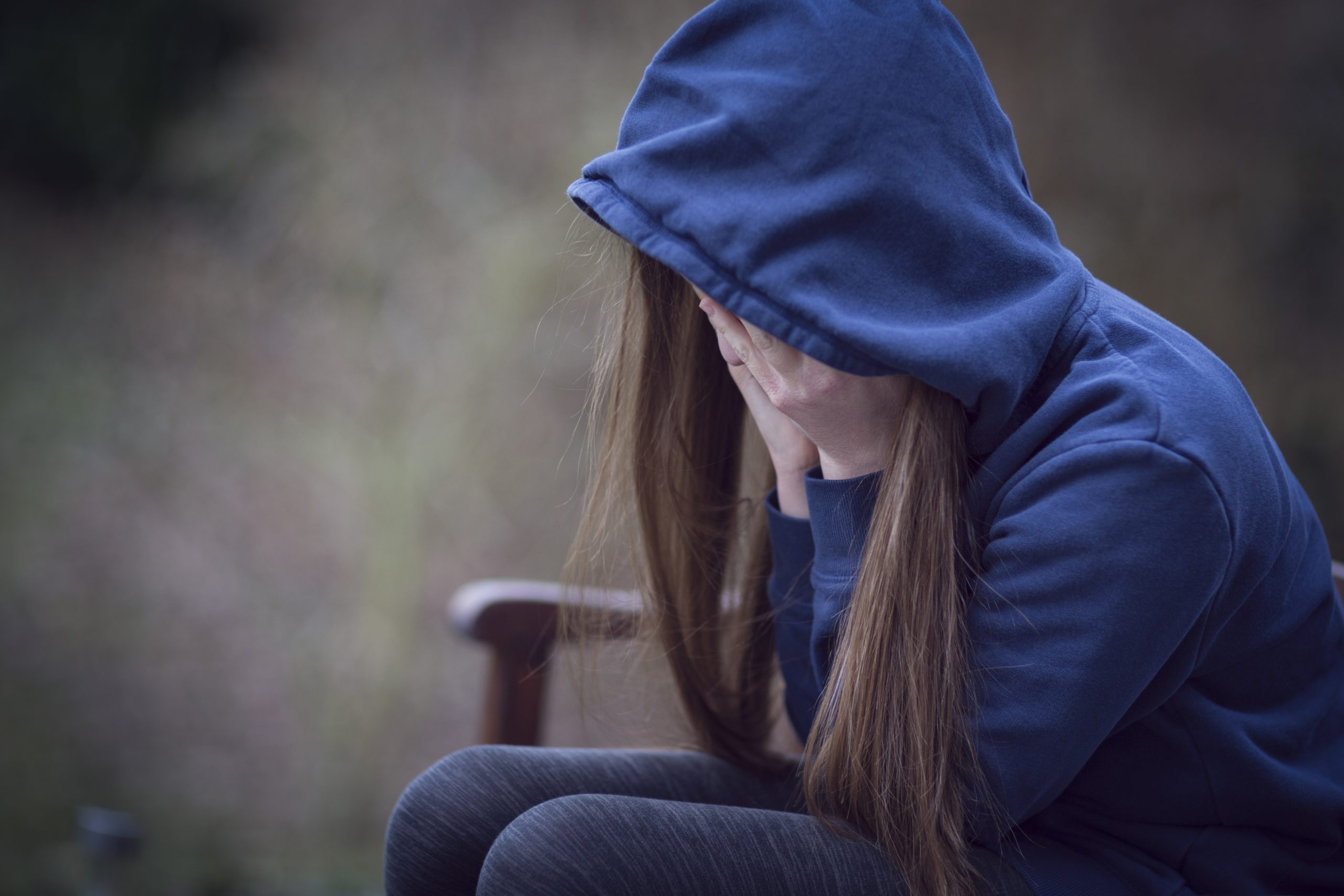
What to do if you spot signs of bullying or your child is being bullied
The Anti-Bullying Alliance suggests parents communicate the following messages to children who are dealing with bullying:
- It doesn’t matter what colour hair you have; what trainers you are wearing; how you speak; how you walk; how you talk – it is not your fault if you get bullied. We are all different in some way and that’s what makes us amazing.
- Whether you are a boy or a girl, old or young, big or small – bullying makes you feel rubbish and it’s okay to be upset about it. The important thing is that you tell someone about it.
- If you feel you can, talk to a teacher you trust or a family member. If you don’t want to do that you can always call Childline 0800 11 11 or visit www.childline.org.uk.
- Write down what happened, when it happened, and who was involved. If the bullying is online, keep the evidence – save or copy any photos, videos, texts, e-mails or posts.
- It can be tempting if you are being bullied to take revenge – for example to send a horrible message back to someone; to try and embarrass and hurt the other person, or to fight back. This is not a good idea – you might end up getting in trouble or get yourself even more hurt.
- Think about other ways you can respond to bullying. For example, practice saying ‘I don’t like it when you say that/do that – Stop.' Think about other people who can help you if you are being bullied – this could be other classmates, or a teacher.
- Only spend time with people who make you feel good about yourself. If someone constantly puts you down they are not a real friend/ boyfriend/ girlfriend - and not worth your time.
- Be kind to yourself, and do things that make you feel good, relax and make new friends. You might make music; write lyrics; draw cartoons; dance; act or join a sports club. This is your life so make sure it’s the best life possible – don’t let anyone bring you down.
- Remember to respect other people! Just because someone is different to you and your friends – that doesn’t mean you are better than them or have a right to make them feel bad. If you mess up, say sorry. You don’t have to be friends with everyone – but you should always make it clear that you don’t like it when people bully others, and stick up for people who are having a hard time.
As mentioned above, some experts suggest showing your child how to face bullies with confidence. This can include teaching them to project a positive, assertive attitude and walk with confidence, while moving away from people who they think might cause trouble.
https://www.youtube.com/watch?v=CsK3cdw6b8E
It can also be useful to role play situations to help your child know what to do if they are approached by a bully. Give them encouraging, positive feedback to help their confidence, and offer tips on how to ignore anyone being mean to them and who to tell if they do have a problem.
Having regular conversations about your child’s mental health, feelings and emotions in a relaxed environment can help parents provide support to their children. Read our guide on how to talk to children about mental health if you have concerns.
Expert tips to beat bullying for anti-bullying week 2020
Sue Ormersher, Senior Press Officer from Family Lives, shares her advice on how to stop bullies below.
If, after reading the below, you're still worried about your child then don't hesitate to contact Bullying UK, part of Family Lives. They provide support and advice for families experiencing all sorts of bullying problems.
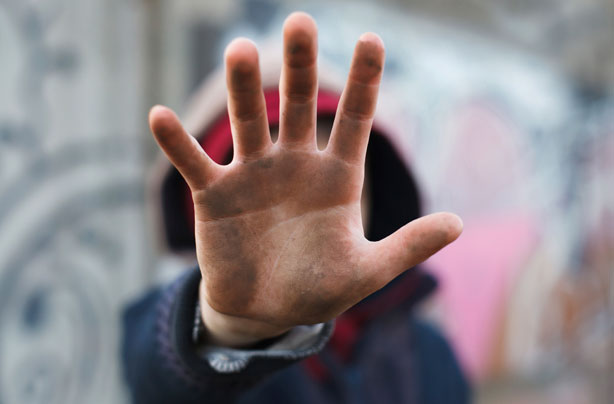
- Keep calm: your first reaction may be anger, but you can't let your child see this. They need to be reassured and may be less likely to trust you again, if you get irate.
- Talk to your child: let them know you're there for them and that you love them, and don't pressurise them into talking to you.
- Suggest someone else they can talk to: not all kids want to talk to parents, so think of someone else they trust, such as a grandparent, other relative or close friend.
- Reassure them: tell your child that it's not their fault and they shouldn't feel ashamed that they're being targeted.
- Raise their self-esteem: bullying hits a child's self-confidence, so praise and encourage them at every possible opportunity.
Dealing with the source of the bullying problem
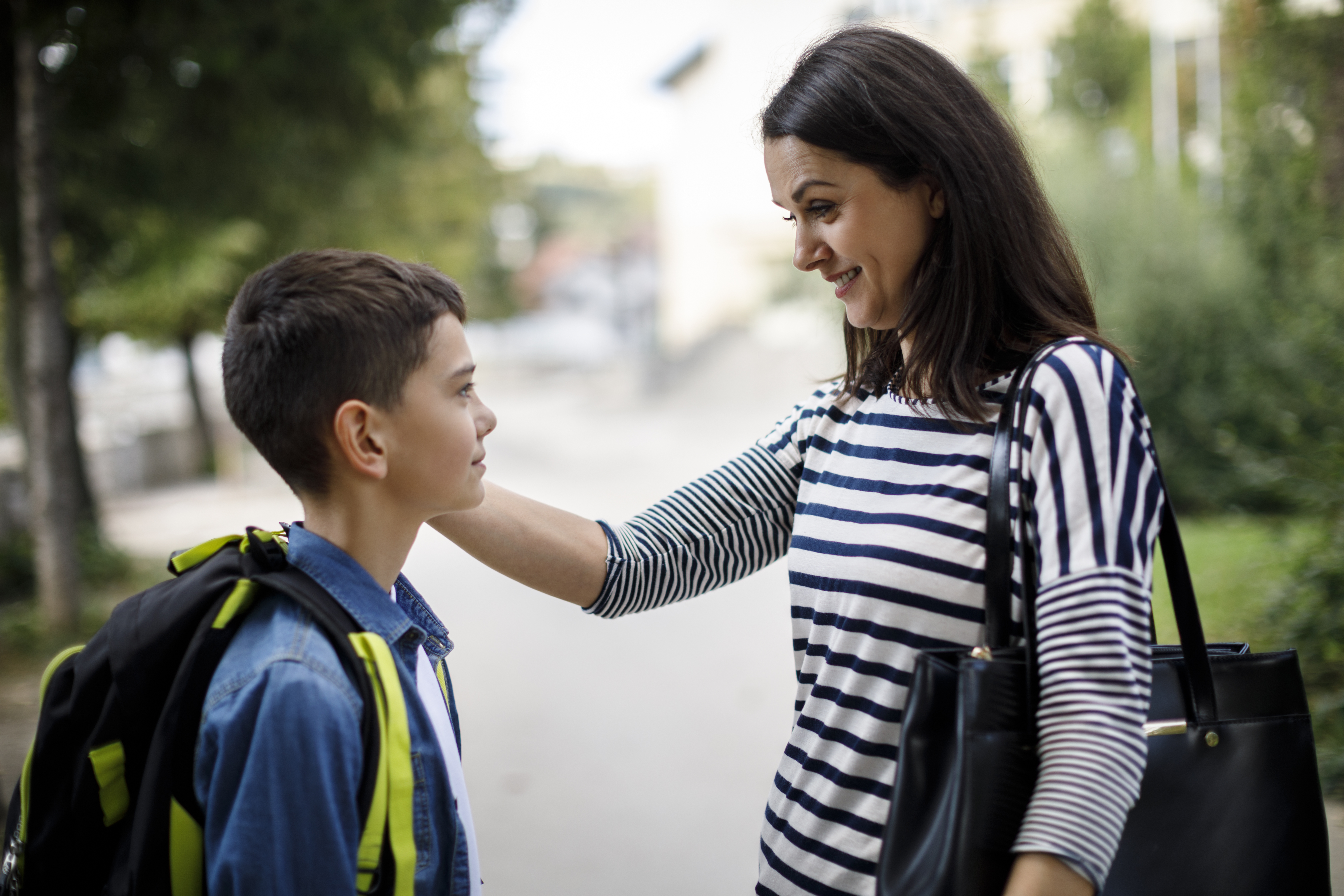
1. Have a quiet chat to your child's teacher - either a quick word on the phone or go in before school.
2. Many schools are very good when it comes to bullying and they'll do a special assembly about it to highlight the problem.
3. If you don't get anywhere with the school, ask to see a copy of their anti-bullying policy. All schools are legally required to have one.
4. Then ask to see the headteacher and keep a record of any meetings you have. If you're still not happy, try contacting the Chairman of Governors or your Local Educational Authority.
5. Make a list of all the questions you want to ask and take someone along with you, so you don't miss anything that they may say.
If you're worried bullying may be affecting your child's mental health speak to your GP, YoungMinds mental health charity or The Anti-Bullying Alliance. If you child is being bullied and are in need of support, they can contact the National Bullying Helpline on 08452255787.

Sibelle Mehmet is a Junior Digital Writer at Goodto.com. She joined the team in April 2019 and was her first job since completing a MA in Magazine Journalism at City, the University of London in the summer of 2019. Sibelle previously interned at a number of national titles including OK!, Heat, Closer, Mother & Baby, and The Times Newspaper magazine. She's written extensively about the latest celebrity, showbiz, and royal news.
-
 How long is the school summer holiday in the UK?
How long is the school summer holiday in the UK?Too long is not officially the right answer...
By Heidi Scrimgeour
-
 Results Day 2024: what's next for A-levels under the Labour government?
Results Day 2024: what's next for A-levels under the Labour government?The current government intends to keep A-levels while also continuing to support and expand T Levels
By Tanith Carey
-
 School terms 2024: Holiday and term dates across the country
School terms 2024: Holiday and term dates across the countryWe have those all-important school term dates for the remainder of the year, to make sure your calendar is up-to-date with the latest information.
By Ellie Hutchings
-
 How to add your Clearing choice to UCAS
How to add your Clearing choice to UCASFind out how to appeal A-level results and when does clearing open with this helpful guide to get you through results day
By Heidi Scrimgeour
-
 GCSE results 2024: When are GCSE certificates issued?
GCSE results 2024: When are GCSE certificates issued?GCSE results are a nerve-wracking time, but once out the way you might find yourself asking when are GCSE certificates issued?
By Heidi Scrimgeour
-
 From tears to Tariff points, here's a parent's guide to what to expect on A-level results day
From tears to Tariff points, here's a parent's guide to what to expect on A-level results dayWhat to expect on A-level results day, how to understand their results and what to do if they didn't get what they wanted
By Tanith Carey
-
 When do kids break up from school? Summer holidays 2024
When do kids break up from school? Summer holidays 2024When do kids break up from school for the summer? As we head into the final weeks before the long break, we have the key dates you need to know about.
By Emily Stedman
-
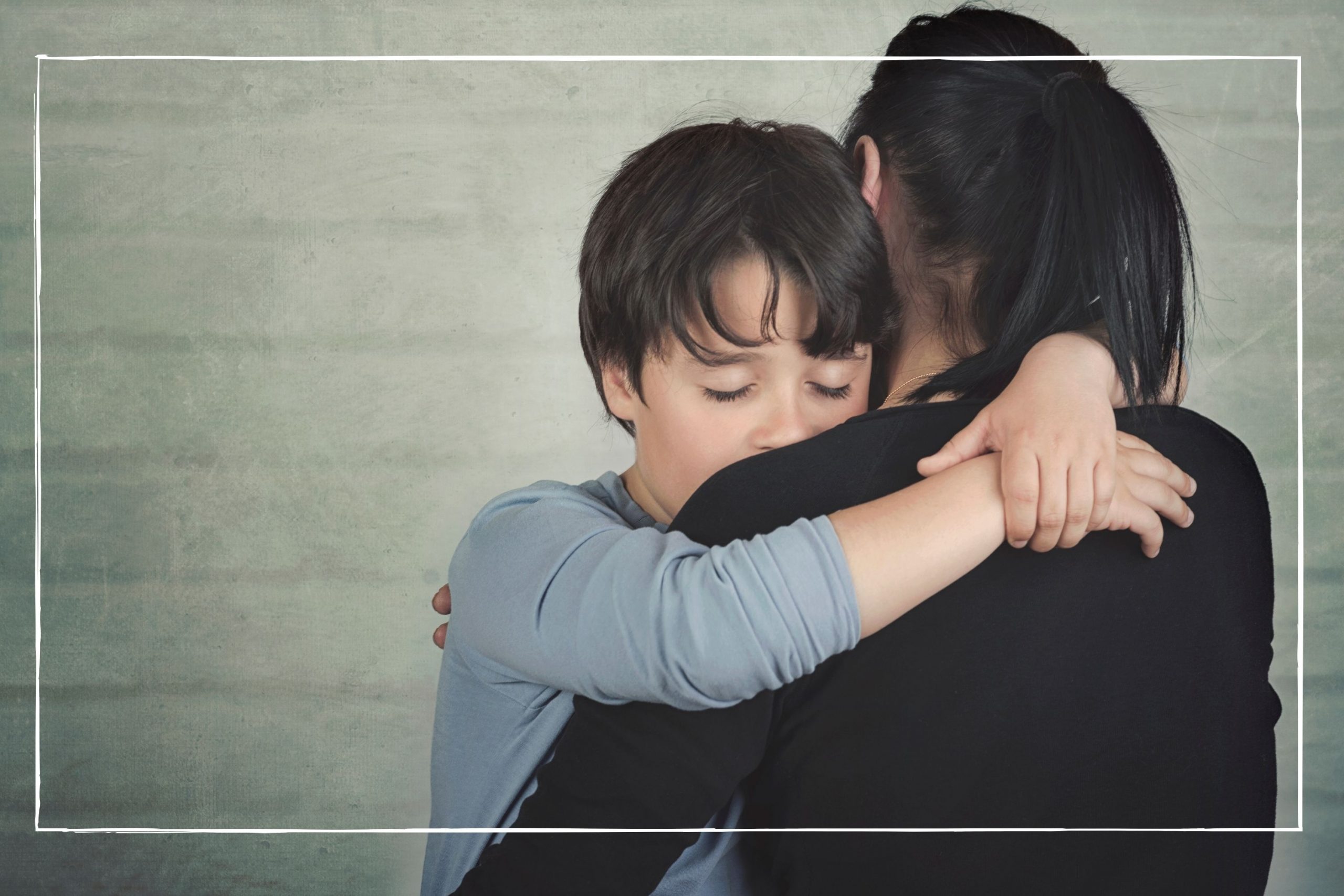 Talking about school shootings with your kids - tips from the experts
Talking about school shootings with your kids - tips from the expertsBy Stephanie Lowe